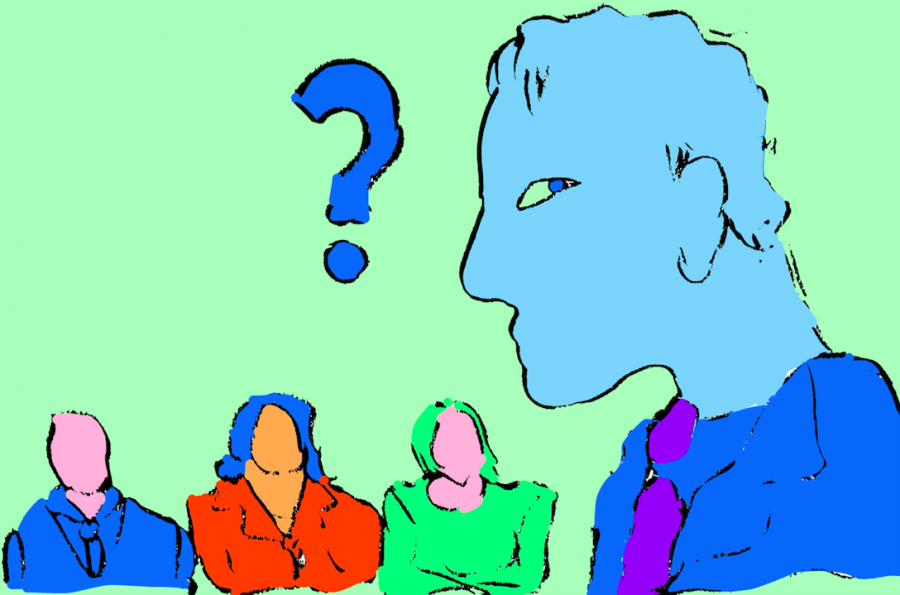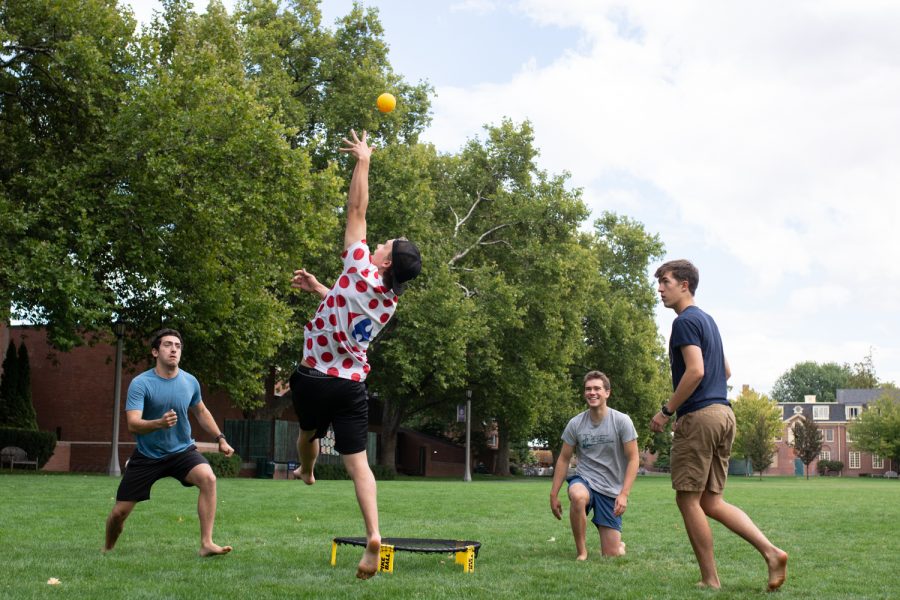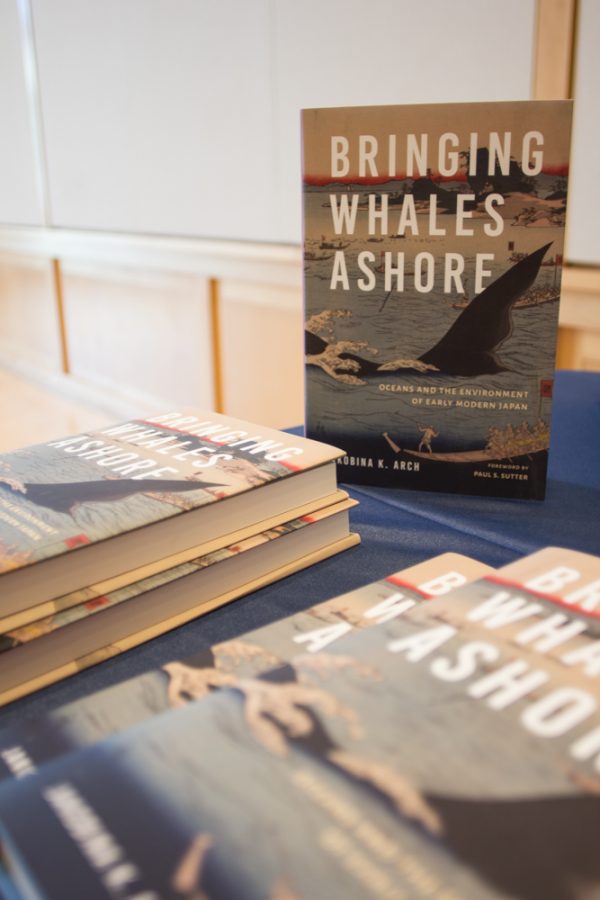Today, it rained.
We’ve had a couple days of rain before, but mostly of the drizzle and sprinkle varieties. Today, it was rain all day; big, heavy drops dripping down from a uniformly gray sky. It was still quite humid, but the weather dropped to about 22 or 24 ºC (71-75 ºF), a welcome relief from the oppressive 33 ºC (~91 ºF) weather we had last week. I was thrilled to be able to throw on long sleeves and jeans for the first time in about a week. Apparently, a small typhoon is blowing toward Japan, hence the weather. My host family and I agreed: we’d be very happy if this storm signaled the end of the heat and the beginning of fall. We’ll see how that pans out.
After a stressful week of review and tests last week, my Japanese class was finally finalized on Friday, and classes began today. I was worried because I wasn’t in a class with people I expected to be with, but I think I can let those worries dissipate a little. My class will be challenging, since it’s conducted entirely in Japanese and we’re working at a pretty fast pace, but I’m hoping it will work out well. The goal is to improve all of our proficiencies in a number of key areas, including 漢å–– (kanji) recognition and speaking, which are my two highest priorities. Now that all my courses have begun in earnest, however, the workload has begun. My host mom was teasing me tonight at dinner, saying, “You’re a student who came here to study: who would have thought you’d have homework?” So it goes.
In another of my classes, Lenses of Culture, we’ve started the semester by investigating culture shock. Scholars like Pederson and Adler have suggested that culture shock is a multi-stage phenomenon. In this model, cultural transitional experiences begin with a period of honeymoon-like glee, as the traveler is wowed by all of the novelties of the new culture. Following that, however, is often a period of rejection of the host culture. It ultimately progresses to a harmonious acceptance, making the culture shock experience a learning opportunity, but there are about two steps of rejection involved in these models.
I mention it because, although I thought I would have little trouble transitioning, I’ve started to feel elements of the rejection phase. Other AKP students I’ve talked to have felt the same. We’re not bitter or angry, by any means: we’re in freaking Japan, after all, and it’s still an amazing place filled with opportunity: but the glossy veneer of novelty is wearing away, and our perspectives are broadening, for both good and bad. One thing my friends and I talked about in particular today at lunch was the outsider phenomenon. When riding the train, we’ve all had the experience of looking up and catching people staring at us because we, as obvious American Ã¥¤-人 (gaijin –– “foreigners”), stick out. After two weeks here, we’re at least starting to feel like residents instead of tourists, but in the eyes of commuters on the train or people walking down the street, we will always look like we don’t belong. Coming from America, where the broad range of ethnic diversity makes it easier for visitors to blend in (at least in large cosmopolitan areas), this is quite a different feeling, and may prove a challenge as the year progresses.
More of my stories from abroad, as well as photos and other goodies, can be found at my travel blog, Experiencing the Seasons.




